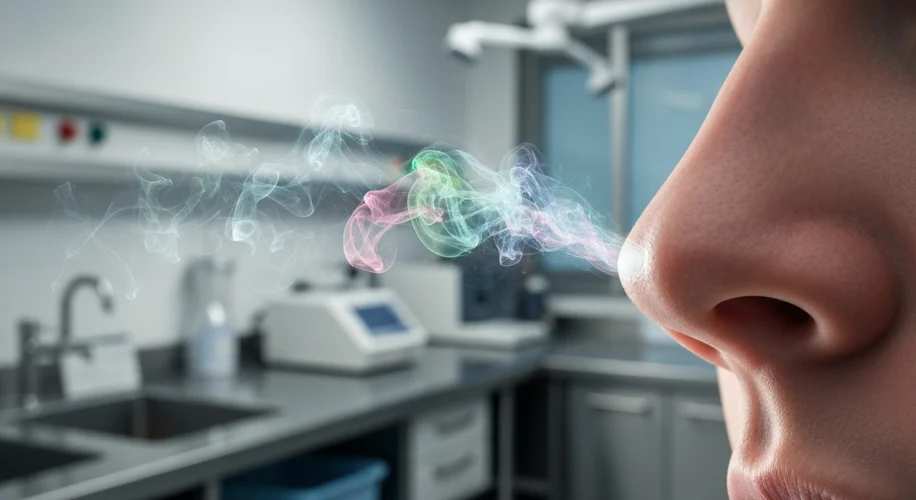Did you know that some people can detect certain medical conditions through their sense of smell? It sounds like something out of a science fiction novel, but it’s a real phenomenon that researchers have explored for years. I’ve recently been reflecting on my own unusual experiences with this. For as long as I can remember, I’ve noticed subtle changes in people’s body odor that seemed to correlate with their health status.
It started subtly. A friend undergoing chemotherapy had a distinct, almost metallic scent that I later learned is sometimes associated with certain treatments. Another time, a relative’s breath carried a faint, fruity odor, which is a known indicator of diabetic ketoacidosis. Over the years, I’ve noticed other associations – a particular mustiness that seemed to accompany fatigue or stress, or a slightly sweet undertone that appeared before someone mentioned feeling unwell. It’s not something I can control or even always pinpoint accurately, but the patterns are intriguing.
This has led me to wonder: could this ability be more than just a personal quirk? Is it something that scientists might find valuable? The idea of using olfaction – our sense of smell – as a diagnostic tool isn’t entirely new. Dogs have been trained to detect cancer, seizures, and even COVID-19 through their incredible sense of smell. Scientists have also developed electronic noses, or e-noses, that can identify volatile organic compounds (VOCs) in breath or sweat, which are often byproducts of metabolic processes or disease.
For instance, research has shown that certain cancers can alter the VOCs present in a person’s breath. Similarly, conditions like diabetes, kidney disease, and liver disease can also produce unique scent profiles. The human nose, with its millions of olfactory receptors, is remarkably sensitive, and it’s possible that some individuals possess a heightened ability to perceive these subtle chemical signals.
So, the question remains: is it worth exploring this further? If my experiences, and those of others who might share similar sensitivities, can contribute to a deeper scientific understanding or even lead to new diagnostic methods, then it certainly feels like it could be worthwhile. Imagine a future where a simple sniff could help flag potential health issues early on. It’s a fascinating prospect.
If there were opportunities for controlled study, I’d be very interested. Understanding the biological mechanisms behind such an ability, if it exists beyond my own perception, could unlock new avenues for non-invasive health monitoring. It’s not about claiming a superpower, but about exploring a natural, albeit unusual, human capability through a scientific lens. Perhaps there’s more to our noses than we typically realize.

